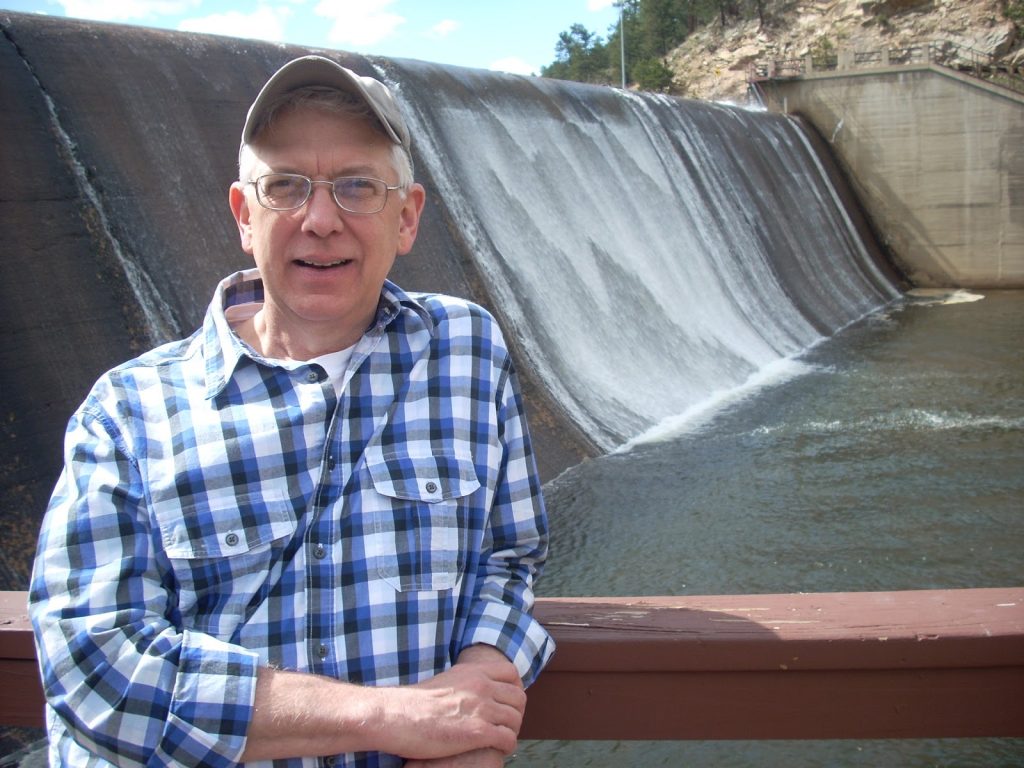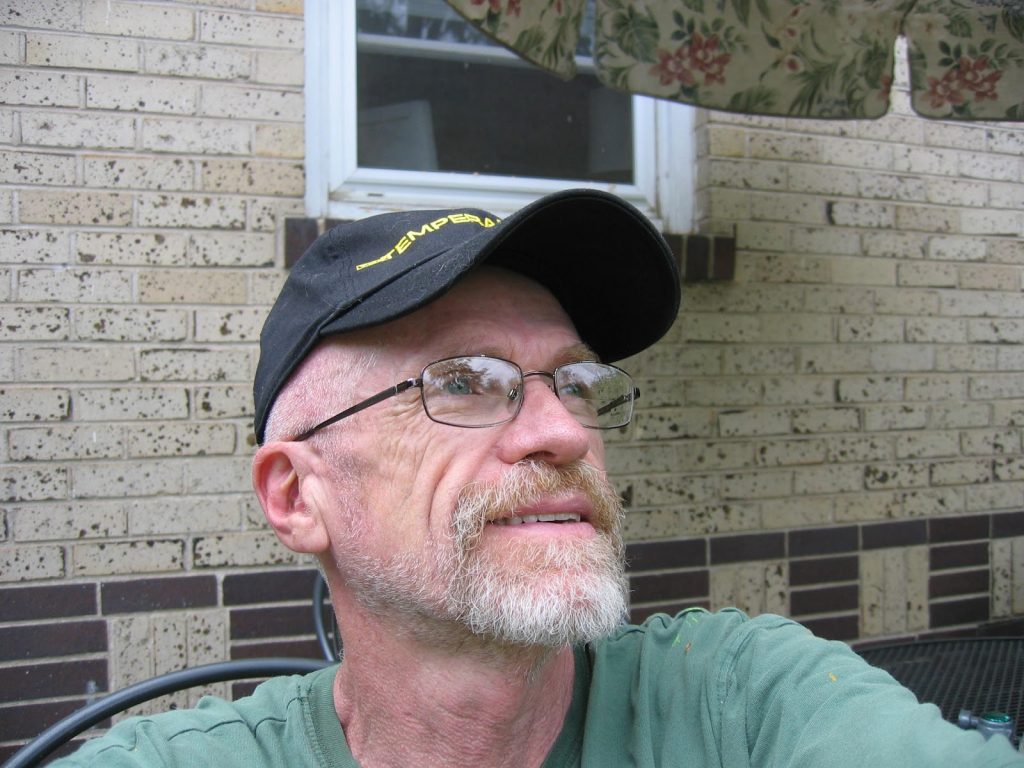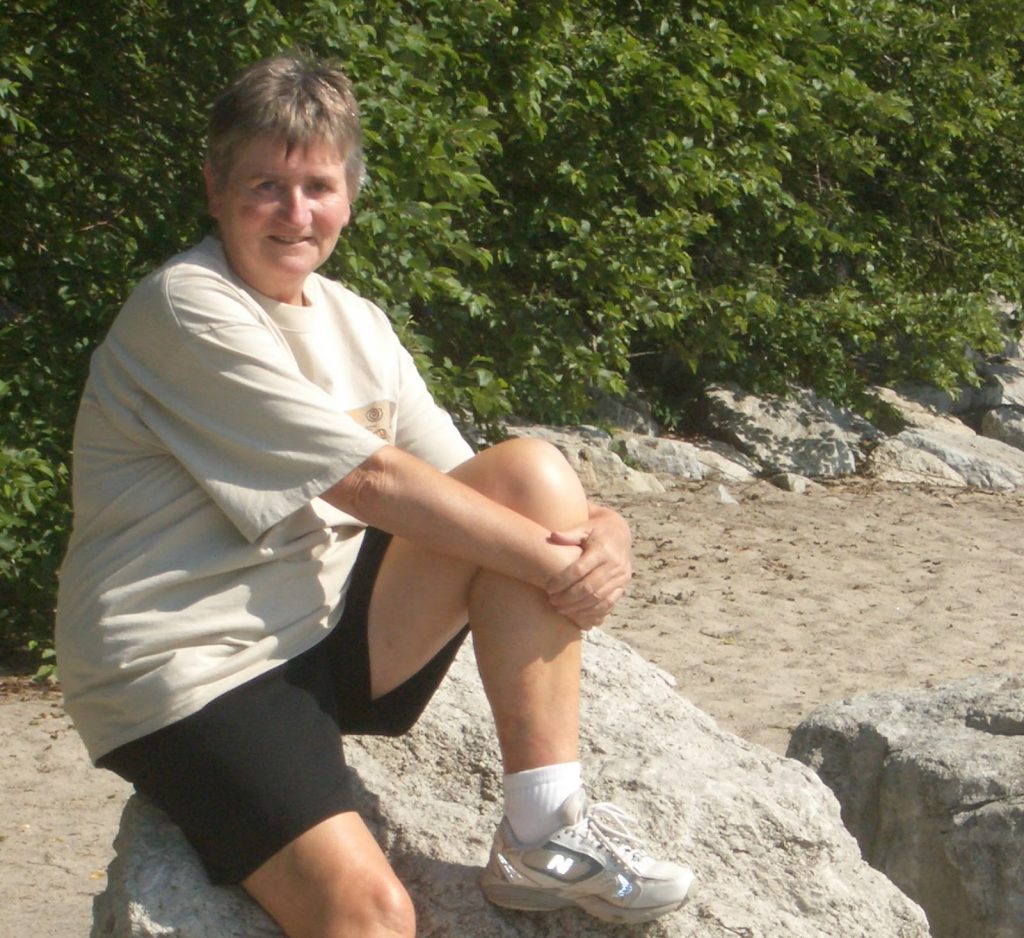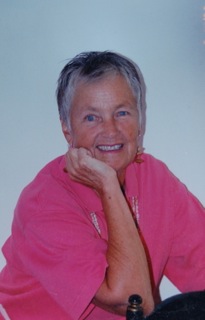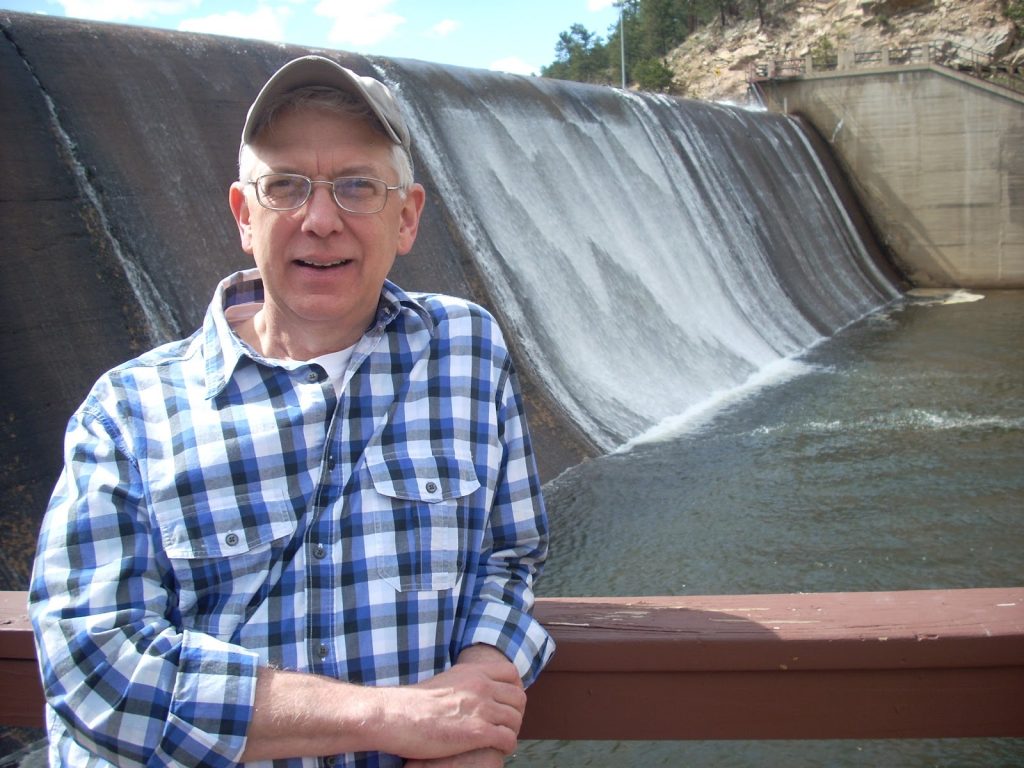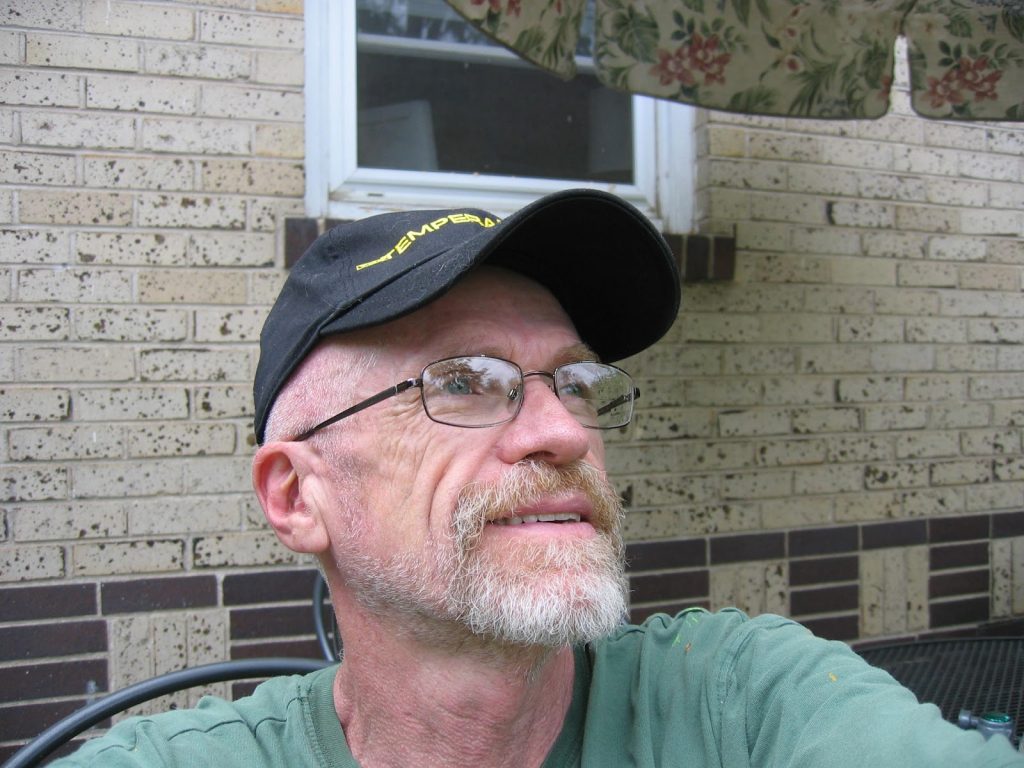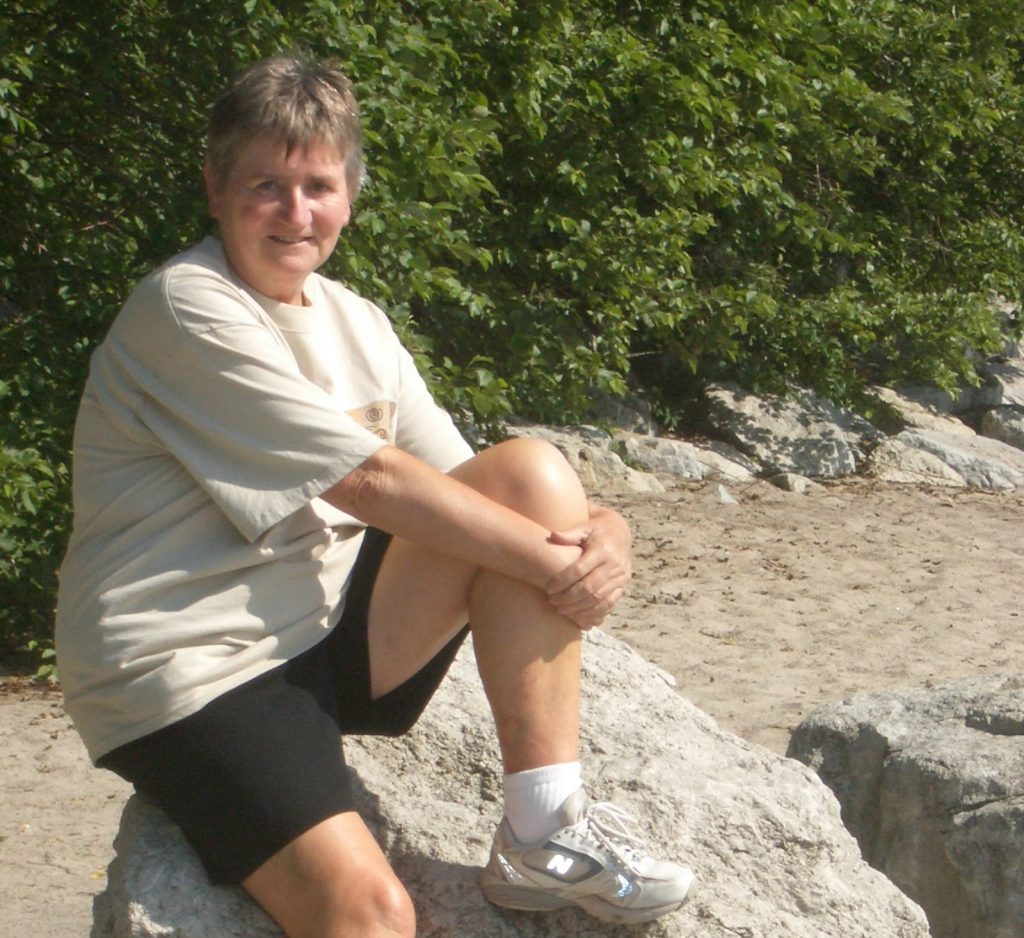One person said that this week’s topic is “When Things Don’t Work.” Another person thought the topic is “When Things Don’t Work Out.” Take your pick, or maybe do both.
Left’s start with “Things Don’t Work Out.” The funniest thing happened to me on my way to perfection. It turns out that there is no such thing, far from it. Just like so many young people, I once thought that I’d always stay relatively healthy. Boy, was that a mistaken notion! I have been plagued with health problems my whole life; and now I must deal on a daily basis with some serious, probably permanent, afflictions. Good health certainly did not work out.
I also thought that I had plenty of years to become educated, build a career, find a life-partner, accrue financial security, and still have time to relax. That did not work out either. It seems that (in the early words of the late Walt Kelly) “tempus just keeps fugitting along.” The majority of my years are behind me.
When I was young, I very naïvely thought that most people are knowledgeable, rational, kindly, and caring. For the most part, my trust in people didn’t work out either. I look about me and see how so many people are prone to lying, cheating, violence, and just plain stupidity. Like most of us, I unfortunately have been the target of such behavior over the years. Yes, there are some good people in the world, and I’ve appreciated them, both those whom I have been fortunate enough to know personally and also those I hear about. Still, my general belief in people did not work out.
So, there are three examples of “When Things Don’t Work Out.” Now for “When Things Don’t Work.”
I’ll allow myself to mope yet again about my life-long wish to be able to express the music inside me by playing the piano well but finding that desire to be an impossibility. Succinctly said, my hands don’t work. They are not even average hands, let alone lacking the athletic ability to play piano truly well. Woe is me. Enough said about that.
Still, I realize that some parts of me work better than that of some of my friends. For example, Larry has diabetes, peripheral neuropathy, hip replacements, leg braces, and uses canes to walk. Mike complains of being overweight, has bad feet, and wears special boots to get around. I recall one day the three of us driving up to a street-corner and stopping at a red light. Our attention was drawn to an exuberant teenager on a skateboard, zipping down the sidewalk, doing kick-jumps over the curbs and twirls just for fun. He appeared to be taking for granted his good health and athleticism, dancing down the walk like a young colt in springtime. At this point, I heard Mike grumble, half in humor but also half as a lament, “It’s not fair.” Then Larry morosely responded, “And, everything works.” To be honest and being familiar with Larry’s previous quips, I know that he was referring to more than just the teen’s athleticism.
In life, in the real world, a lot of things don’t work; much does not work out. I suppose we just have to keep plugging along, making do with the cards we have been dealt. That reminds me, each Sunday I have been playing with friends the card-game “Samba,” and I have been losing for weeks. With the cards I have been dealt, that has not worked out either.
8 December 2014
About the Author
I have had a life-long fascination with people and their life stories. I also realize that, although my own life has not brought me particular fame or fortune, I too have had some noteworthy experiences and, at times, unusual ones. Since I joined this Story Time group, I have derived pleasure and satisfaction participating in the group. I do put some thought and effort into my stories, and I hope that you find them interesting.

